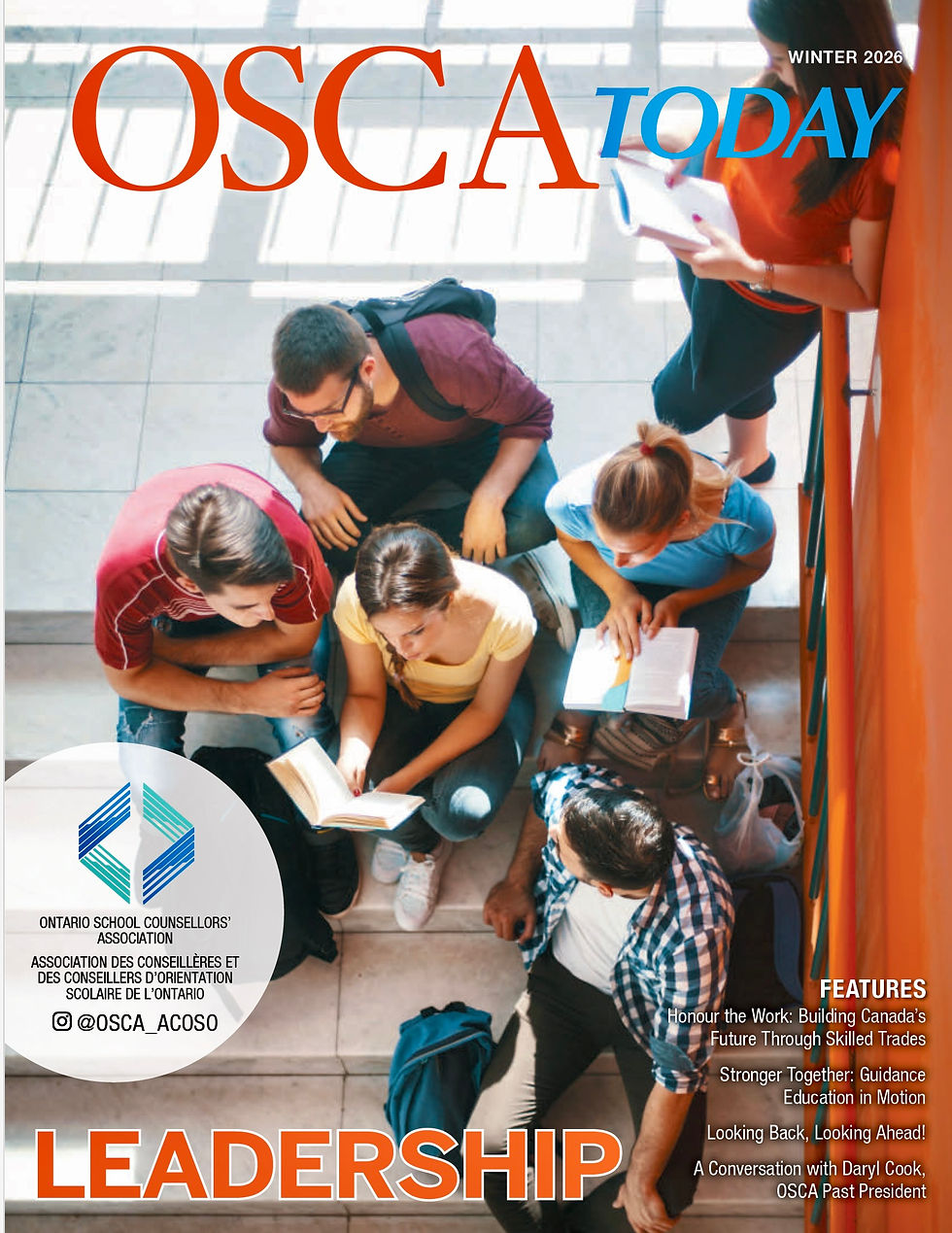Psychological reactions to COVID-19: Why are they important?
- Susan B. Raphael
- Mar 16, 2020
- 1 min read
Updated: Oct 24, 2020
Source “Psychology Works” Fact Sheet: Coping with and Preventing COVID-19
Posted on March 12, 2020 by CPA Webmaster
Psychological factors play an important role in how people and communities respond to illness and manage

Some people under-respond to the threat of COVID-19. These people think the danger is exaggerated. Under-responders may not practice good hygiene, they don’t get vaccinated, and they don’t stay home if they’re sick; these behaviours help infection to spread. To accurately assess the risks of COVID-19, check out the websites of the PHAC, WHO or CDC (see below for links to updated resources). Under-responding could spread infection to family and friends.
Some people over-respond to the threat of COVID-19. These people become highly anxious about the infection and may go to great lengths to keep themselves safe. They may become xenophobic (i.e., needlessly frightened of foreign people), may needlessly wear protective masks (while wearing a mask may prevent you from spreading your infection to others, masks are not effective in preventing you from catching an infection from someone else), and may hoard supplies of food and other necessities. Over-responding by one person seeds fear in others because fear is contagious, so the more you see people buying toilet paper makes you believe that toilet paper may run out, leading you to rush out and stock up (needlessly). Moreover, if you hoard food, toilet paper, or hand sanitizer that you are not likely to need for example, then other people in your community have less access to them.
Click on the following link to read the full article, https://cpa.ca/covid-19/
Photo credit Unsplash Alexandra Gorn












Comments